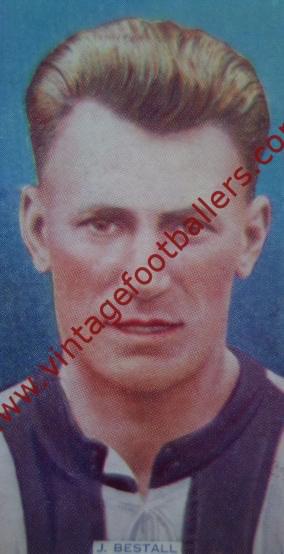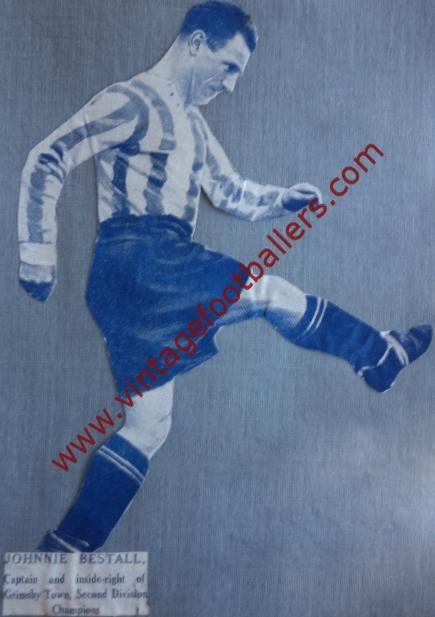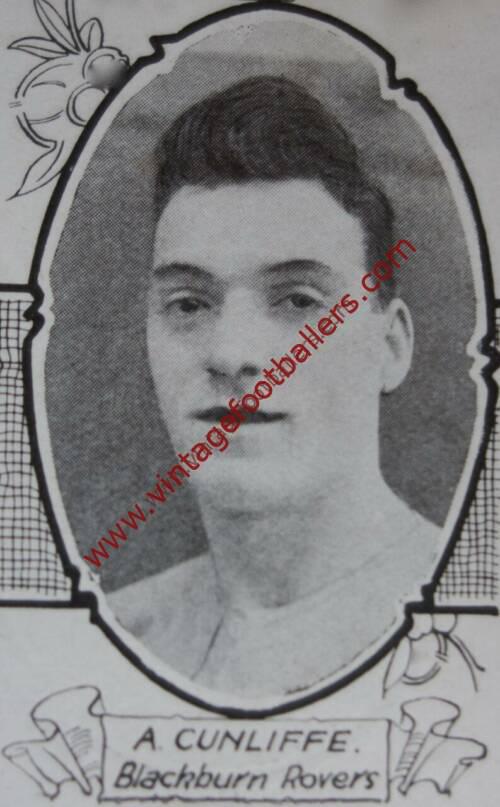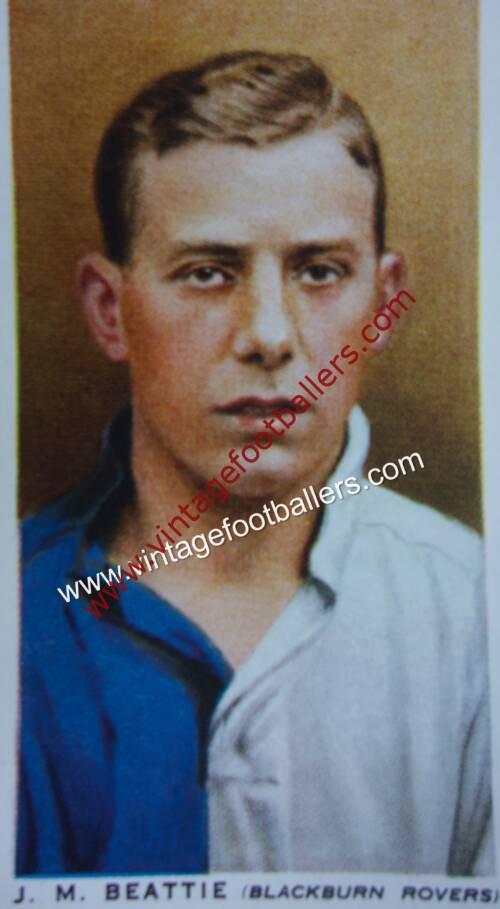Please choose your photo size from the drop down menu below.
If you wish your photo to be framed please select Yes.
Note: 16″x 20″not available in a frame.
Images can also be added to accessories. To order please follow these links
£8.95 – £49.95
Please choose your photo size from the drop down menu below.
If you wish your photo to be framed please select Yes.
Note: 16″x 20″not available in a frame.
Images can also be added to accessories. To order please follow these links
Preston, Lancashire born inside right Nat Walton began his football career with Inkerman Rangers as an outside right. After two years, he joined Blackburn Imperial, alternataing between the right wing and right half. After a season, he was invited to join the Blackburn Rovers’ reserve side. After his first appearance he played with Blackburn based club Witton in 1883 before joining the ranks of Blackburn Rovers as a first teamer at a time when the club was becoming the dominant force in the town. He was an industrious inside right who earned himself a regular place in the endless round of friendly fixtures during the 1884-85 season. Unfortunately, he looked destined to continually miss out on the big occasions when he was overlooked for the FA Cup Finals of 1885 and 1886. Having not played in the 1886 FA Cup Final, a 0-0 draw against West Bromwich Albion at The Kennington Oval. Walton did play at right half in the replay a week later and he helped his team to win 2-0. The replay was particularly noteworthy in that it took place at Derbyshire County Cricket Club’s Racecourse Ground, the first time an FA Cup Final was played outside London.
After the formation of the Football League Walton, by now playing at inside right, made his League debut in a match against Accrington at Leamington Road, then home of Blackburn Rovers, on 15 September 1888. The match was drawn 5-5. He scored his debut League goals in a match played at Leamington Road, against West Bromwich Albion, a brace in a 602 win a week later. Walton played in the two 1889 FA Cup semi-finals against Wolverhampton Wanderers. After the first match ended 1-1 at Alexandra Recreation Ground, Crewe. Blackburn Rovers lost the replay 3-1 at the same venue a week later.
The following seasonWalton had his career best goalscoring season for Blackburn Rovers, scoring a hat-trick in a heavy win over Notts County in November 1899 and 4 goals in a 7-1 victory over Bolton Wanderers the next month as Rovers finished third in the League Championship. In the FA Cup he scored a hat-trick in a 7-0 win over Bootle in the third round as Rovers went all the way to the Final, where he scored the second goal in a 6-1 victory over Sheffield Wednesday at The Kennington Oval. His 18 goals in 26 appearances saw him only behind Jack Southworth in Rovers’ goalscoring list.
One source described Nat Walton thus, “Walton is always good, though, perhaps, rarely brilliant”. Despite this faint praise, he was selected for his first and only England cap when he played and scored a hat-trick in an 8-1 win over Ireland st The Ulster Cricket Ground, Belfast in March 1890. He was also selected for the England squad the next month to play Scotland at Hampden Park, but he was a non playing reserve.
A year later Walton sealed a hat-trick of FA Cup wins with Blackburn Rovers when he played as they beat Notts County 3-1 at The Kennington Oval. He played a further two seasons for Rovers, taking over in goal from October 1892. “Nat Walton feels he is getting too old to play in the open field, and prefers acting between the sticks. He now figures there in the second team matches, and he shapes very well.” reported The Blackburn Standard & Weekly Express before joining Lancashire League club Nelson as their goalkeeper in May 1893 after 42 goals in 127 appearances during Blackburn’s early League years, the last 29 of which came as a goalkeeper, At Nelson he was the club captain and helped them to win the Lancashire League Cup in 1896.
After retiring from playing in 1898, Walton returned to Blackburn Rovers to become their trainer until March 1905. He also took charge of the England team that faced Ireland in Dublin in March 1900.
| Weight | N/A |
|---|



